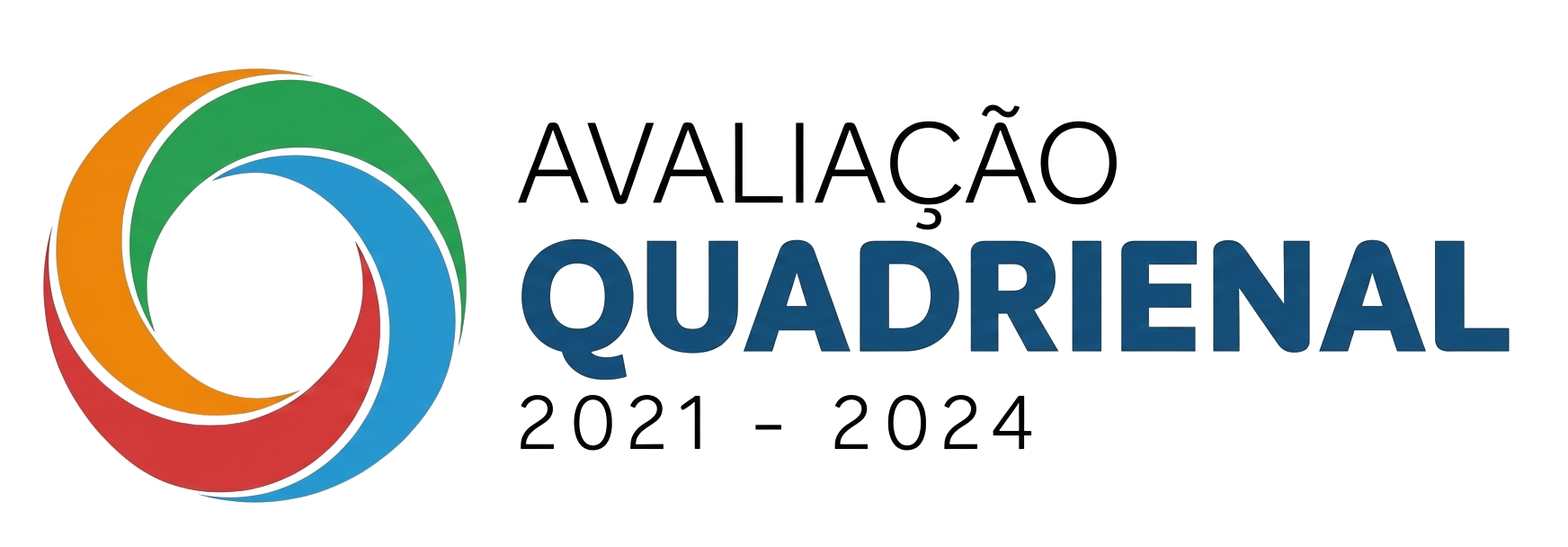Diplomatic Prophylaxis Of Public Health Emergencies Of International Concern
WHO, UNSC and the (mis)alignment between states and international organizations in responding to the pandemic of the century
DOI:
https://doi.org/10.5281/zenodo.8399262Palabras clave:
WHO, Right to Health, International Law, Covid-19, Health DiplomacyResumen
A term appropriate to preventive medicine, prophylactic care, imported here for political and diplomatic purposes, can be implemented to avoid a Public Health Emergency of International Concern - the so-called PHEICs. The COVID-19 pandemic is not the first use of this health protocol, which was adopted in 2005, in the International Health Regulations, but it is certainly the biggest usage of the concept in this Century, so far. However, the way in which bodies such as the World Health Organization and the United Nations Security Council deal with this type of situation is not always standardized, which leads to certain questions about the diplomatic capacity to deal with this type of issue, which also involves the typical intersectorality of health issues at the domestic level of States. The UNSC does not always consider a PHEIC to be a security emergency, and when it does, there is apparently a geopolitical bias. In any case, as Martti Koskenniemi emphasizes, the way each institution and legal branch will deal with a crisis, using its own internal logic and history, determines how the contingencies will be handled - including the responses of the private sector, the public sector and, in this case, of International Relations.
Descargas
Citas
ABRANTES, Vinicius Villani. BRASIL E A “DIPLOMACIA DA SAÚDE”: UM RECORTE TEMPORAL DA ATUAÇÃO DO ESTADO NA PANDEMIA DE COVID-19. Boletim de Conjuntura (BOCA), v. 4, n. 10, p. 11-27, 2020.
ANVISA. Regulamento Sanitário Internacional (2005). Disponível em: <http://portal.anvisa.gov.br/documents/375992/4011173/Regulamento+Sanit%C3%A1rio+Internacional.pdf/42356bf1-8b68-424f-b043-ffe0da5fb7e5> Acesso em: 29 set. 2020.
BRASIL. Decreto n. 591, de 6 de julho de 1992. Atos Internacionais. Pacto Internacional sobre Direitos Econômicos, Sociais e Culturais. Promulgação. Disponível em: <http://www.planalto.gov.br/ccivil_03/decreto/1990-1994/d0591.htm> Acesso em: 16 ago. 2020.
BROWN, Theodore M.; LADWIG, Susan. COVID-19, China, the World Health Organization, and the Limits of International Health Diplomacy. American Journal of Public Health, v. 110, n. 8, 2020.
BURCI, Gian Luca. Ebola, the Security Council and the securitization of public health. Questions of International Law, v. 10, p. 27-39, 2014.
CHATTU, Vijay Kumar; CHAMI, Georgina. Global Health Diplomacy Amid the COVID-19 Pandemic: A Strategic Opportunity for Improving Health, Peace, and Well-Being in the CARICOM Region—A Systematic Review. Social Sciences, v. 9, n. 5, p. 88, 2020.
FIDLER, David P. The globalization of public health: the first 100 years of international health diplomacy. Bulletin of the World Health Organization, v. 79, p. 842-849, 2001.
HANHIMÄKI, Jussi. The United Nations: A Very Short Introduction. 2nd Ed. New York: Oxford University Press, 2015.
HUBER, Valeska. The unification of the globe by disease? The international sanitary conferences on cholera, 1851–1894. The Historical Journal, v. 49, n. 2, p. 453-476, 2006.
KOSKENNIEMI, Martti. The fate of public international law: between technique and politics. The Modern Law Review, v. 70, n. 1, p. 1-30, 2007.
ONU. Declaração Universal dos Direitos Humanos, 1948. Disponível em: <https://nacoesunidas.org/wp-content/uploads/2018/10/DUDH.pdf> Acesso em: 16 ago. 2020.
RIBEIRO, Helena; VENTURA, Deisy de Freitas Lima. Diplomacia em Saúde e Saúde Global: perspectivas latino-americanas. Revista de Saúde Pública, v. 53, p. 37, 2019.
TZOUVALA, Ntina. COVID-19, international law and the battle for framing the crisis. International Law Association Reporter. Disponível em: <http://ilareporter.org.au/2020/03/covid-19-international-law-and-the-battle-for-framing-the-crisis-ntina-tzouvala/> Acesso em: 29 set. 2020.
VANDERSLOTT, Samantha; MARKS, Tatjana. Health diplomacy across borders: the case of yellow fever and COVID-19. Journal of Travel Medicine, v. 27, n. 5, 2020.
WHO. WHO Director-General's opening remarks at the media briefing on COVID-19 - 11 March 2020. Disponível em: <https://www.who.int/dg/speeches/detail/who-director-general-s-opening-remarks-at-the-media-briefing-on-covid-19---11-march-2020> Acesso em: 29 set. 2020.
WHO. World Health Organization Constitution, 1946. Disponível em: <https://www.who.int/governance/eb/who_constitution_en.pdf> Acesso em: 29 set. 2020.
Descargas
Publicado
Cómo citar
Número
Sección
Licencia

Esta obra está bajo una licencia internacional Creative Commons Atribución-CompartirIgual 4.0.
Copyright (c) 2020 Cadernos Eletrônicos Direito Internacional sem Fronteiras.

This work is licensed under a Creative Commons Attribution 4.0 International License.





